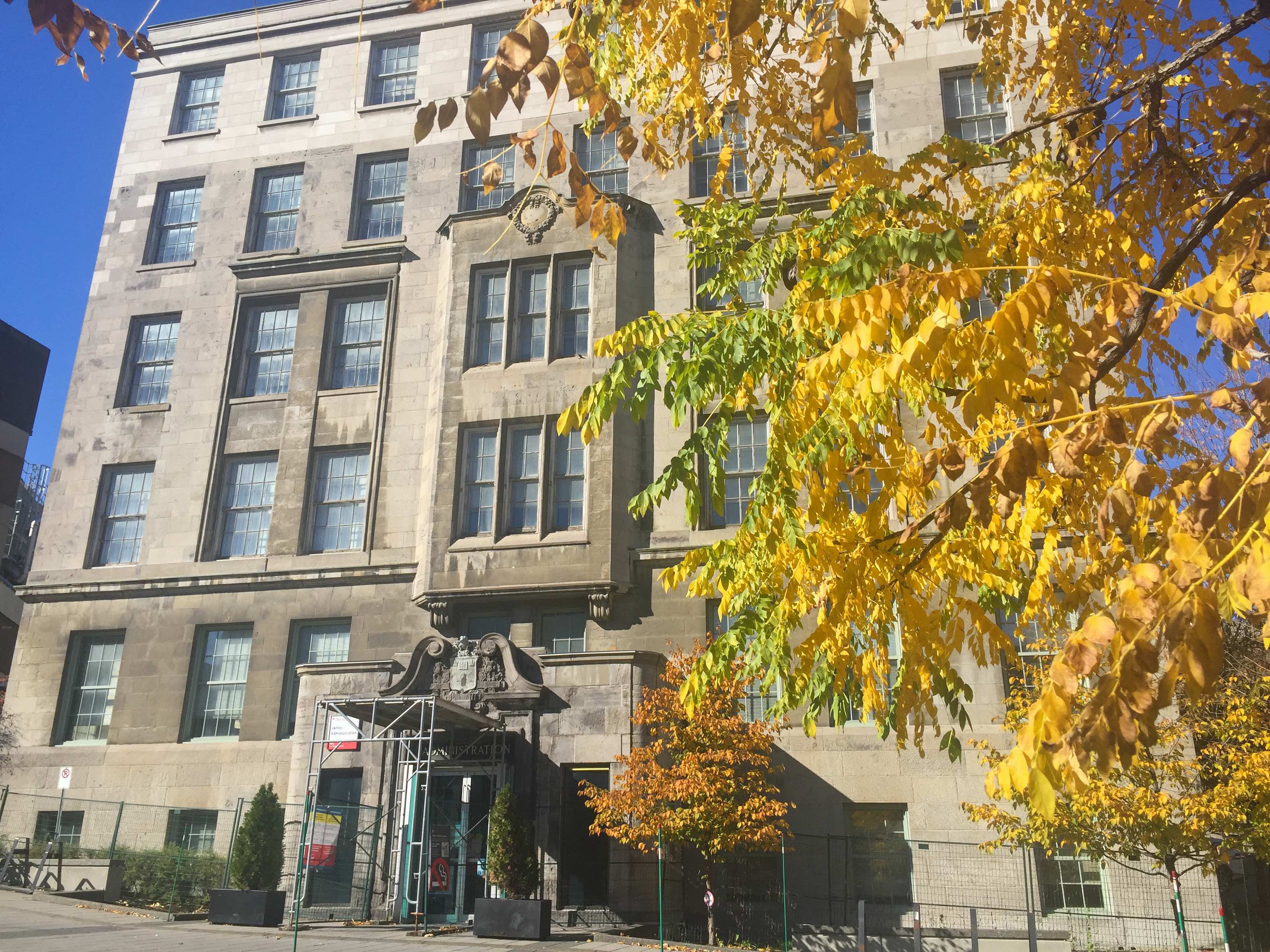The McGill Senate discussed McGill’s Action Plan to Address Anti-Black Racism in their second Senate meeting of the academic year on Oct. 21. Provost and Vice-Principal (Academic) Christopher Manfredi and Associate Provost (Equity and Academic Policies) Angela Campbell released the 44-page plan on Sept. 30. Composed in consultation with the Black Student Network (BSN), the plan aims to institutionalize anti-racism efforts and resources across campus.
Following the opening remarks of the senate meeting—which was hosted on Zoom and streamed on Youtube Live—Senate members were split into 10 break-out rooms and tasked with producing reports on aspects of the plan, delegating questions to the different groups. The questions targeted issues such as institutional support for Black students, alleviating the burdens of Black student activists, expanding the faculty recruitment network, and addressing the barriers within McGill’s hiring processes to encourage applications from a more diverse pool.
The Students Society of McGill University (SSMU) Vice-President (VP) of University Affairs Brooklyn Frizzle spoke on behalf of group one, which was assigned a question about which action items members of the McGill community should prioritize to address anti-Black racism, research, knowledge, and experiences. Frizzle spoke about the need for administrative support for groups working against anti-Black racism on campus.
“For decades, really, students have been pulling a lot of the weight in terms of anti-racism on campus,” Frizzle said. “Any working groups [that] are established […] are going to need a fair amount of administrative support and institutional access in order for them to succeed without depending on the labour of unpaid students. A couple of things we wanted [to be] delineated were what exactly […] this support [is] going to look like, and who will be responsible for [it].”
Frizzle emphasized the importance of amplifying Black voices on campus.
“We want to prioritize support and representation for not only the advocacy but the mental health and wellbeing of Black students,” Frizzle said. “This not only includes [their] representation both on campus and in governance but also anti-racism education.”
After the Senate discussed the reports brought forward by each group, Principal and Vice-Chancellor Suzanne Fortier opened the floor for further conversation on the plan. Arts Senator Darshan Daryanani inquired about the issue of instituting a Black Studies department, referencing item four in the “Research and Knowledge” component of the plan. The plan states that the Black Studies program will enhance the African Studies department, rather than be created as an independent department.
“Since the 1970s, [the BSN has been] demanding for a Black Studies department,” Daryanani said. “So […] why hasn’t this been part of the plan, and [instead] simply an enhancement of the African Studies program?”
Manfredi responded to these concerns, claiming that the Senate believed it was important to prioritize the immediate provision of resources to the African Studies department. Item four in the plan lists two annual budgets to enhance financial support for the department.
“African Studies already exists, so what would be the relationship between the already existing African Studies program and any new initiatives that the university might support?” Manfredi said. “I think it’s also important to point out that academic programs emerge from the faculties. They are not driven from the Provost’s office.”
Moment:
Senator Manfredi addressed Item two in the plan, which denotes what will happen with the James McGill statue by the end of the bicentennial year. Manfredi noted that the plan includes the relocation of the statue and the installment of a plaque in its place, and emphasized the importance that the institution speaks truthfully about its history.
Soundbite:
“What our group discussed was the lack of specificity in terms of funding and the fact that [the goals stated in the action plan] really do not compensate for the demand of a Black Studies department. So we hope that the university will prioritize a plan to fund an entire Black Studies department, and to make sure that the engagement of black scholars is there for such work.” – SSMU Arts Senator Darshan Daryanani









